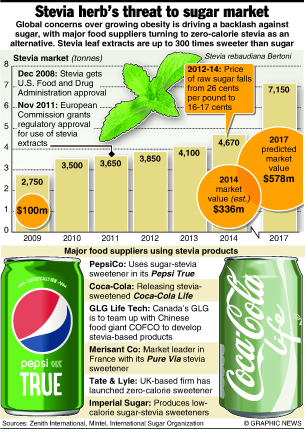Sunday Times 2
Poor diet ’causes lifetime damage’
The damage caused by unhealthy eating can last a lifetime – even after going on a diet, according to research.
Scientists suggest that foods full of fat, sugar and salt change the way genes work and even swapping them for fish, fruit and vegetables cannot turn back the clock.

Tests on mice found that those fed a junk food diet were still more prone to hardening of the arteries even after treatment because the function of genes, including those vital to the immune system, had been altered in a process known as ‘epigenetics’.
Researcher Erik van Kampen, of Leiden University, Holland, said: ‘I hope this study demonstrates the importance of diet induced changes in the epigenome and encourages further research into the interaction between dietary patterns, DNA methylation and disease.’
In the study genetically engineered mice prone to atherosclerosis, or hardening of the arteries reducing the flow of oxygen rich blood, were either fed a diet high in fat and cholesterol over several months or a normal, chow based alternative.
But after treatment, including lowering of blood cholesterol and a change in dietary habits, bone marrow tests showed the former group still had large differences in their immune system and increased atherosclerosis.
Dr John Wherry, deputy editor of the Journal of Leukocyte Biology which published the research, said: ‘We have long known lifestyle and nutrition could affect immune system function.
‘The ability of nutritional history to have durable affects on immune cells demonstrated in this new report could have profound implications for treatment of diseases with immune underpinnings.
‘The length of such effects will be critical to determine and it will be interesting to examine the effects of drugs that can modify epigenetics.’
© Daily Mail, London

